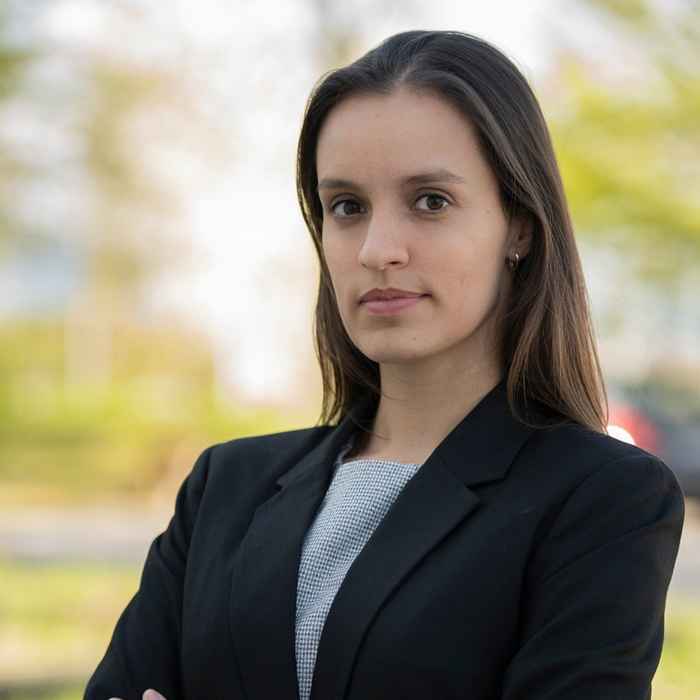Reconstructing 25% of the Universe
14 August 2025

Detecting dark matter atoms
The Large Hadron Collider at CERN in Geneva is famous for its discovery of the Higgs particle in 2012. However, the 27 kilometres long circular particle collider is much more than a Higgs particle discovery machine. In fact, it has recently evolved into a dark matter discovery machine, with upgraded data selection systems called “triggers”. These triggers allow physicists to detect new particles that escaped all previous experiments.
In their project “Reconstructing 25% of the Universe with the Large Hadron Collider”, Westhof and De Almeida Dias will take this unique opportunity to search for dark matter candidates, which look like atoms and can leave peculiar traces in the detectors. If such a dark matter atom is observed, this would be a crucial step towards unravelling the mystery behind all the invisible matter – roughly a quarter of the total energy content – in the Universe.
M-grant
NWO M-grants are intended for realising curiosity-driven, fundamental research of high quality and/or scientific urgency. The M-grant offers researchers the possibility to elaborate creative and risky ideas and to realise scientific innovations that can form the basis for the research themes of the future.
In the present round, the NWO Science Board has approved twenty-one grant applications in the Science domain. Westhoff and De Almeida Dias will use the grant money to employ a PhD student and a postdoc in their research team for a total period of five years.